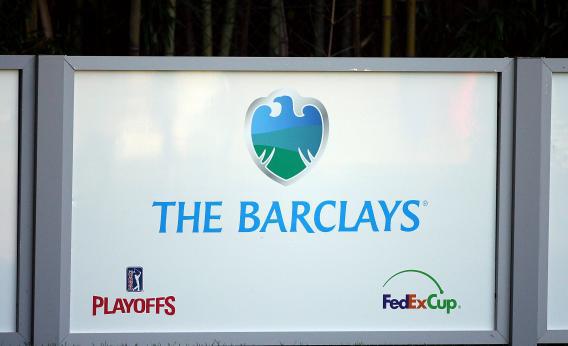Bank investors’ anger at bank pay is boiling over. Less than two weeks after a third of Citigroup shareholders threw the company’s remuneration report back in its face, shareholders at Barclays and Credit Suisse have done exactly the same. Reforms that now flow from what is a genuine “shareholder spring” could be far reaching.
Barclays only has itself to blame for its embarrassing protest vote. Chief Executive Bob Diamond described 2011 returns as “unacceptable”, but then proceeded to be granted 80 percent of his maximum 3.4 million pound bonus. It prompted one irate shareholder at the bank’s annual general meeting in London on April 27 to sum it up thus: Barclays, he said, was a cow milked for its officers and staff.
Yes, Barclays did extend a belated olive branch to investors just prior to the meeting, offering to withhold half of Diamond’s bonus if returns did not exceed the cost of equity. That prevented an even worse result. But Barclays clearly did not give enough ground. Taken with the fact that the same anger surfaced at Credit Suisse - if anything seen as an innovator on remuneration - investors seem to have simply come to the conclusion that executive pay is too high.
If so, it could mark the start of a new regime, one in which bank bosses are held to account by those best placed for the task - shareholders. At Barclays’ AGM, chairman Marcus Agius trotted out the familiar line that banks need to pay the market rate. But with investors clearly willing to flex their muscles, boardroom concern about angry shareholders could act as a more powerful counterveiling force.
Yet even as shareholders ensure that they, rather than employees, get a fairer share of the available returns, bankers’ pay may continue to attract attention. It might be different if banks could be allowed to collapse by devising proper resolution regimes, and economies were not likely to be driven into recessions as a result. As things stand, governments and taxpayers must still pick up the tab when banks go bust, and customers suffer because bank oligopolies are not subject to genuine competition. Governments, taxpayers and customers may want their pound of flesh too.
Read more at Reuters Breakingviews.
